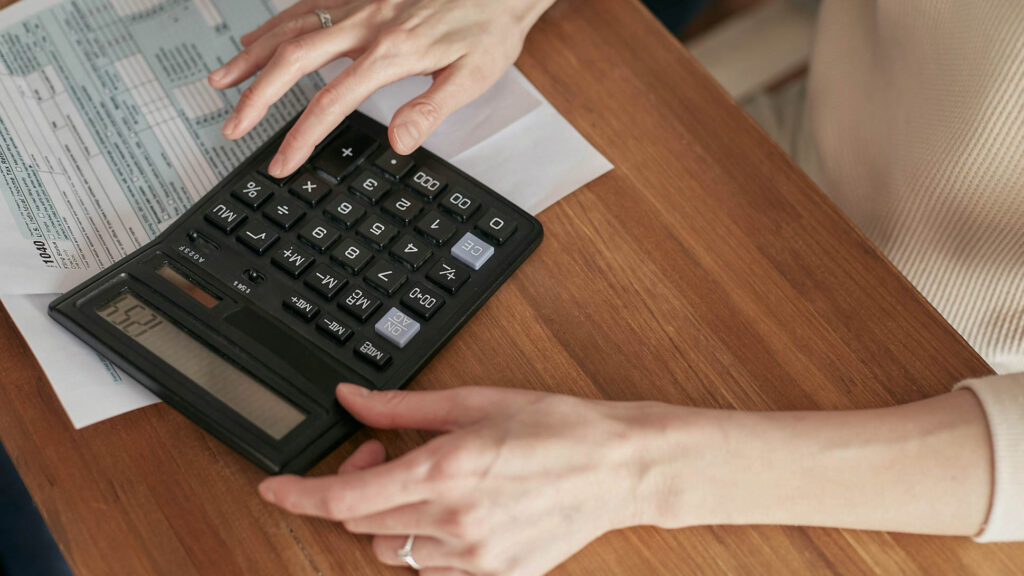
When you buy a home in Italy, the real expenses don’t stop at the purchase price. Everyday costs like electricity, gas, and waste collection add up quickly.
Understanding what to expect will help you plan your budget and avoid unpleasant surprises.
🔗 See also: Foreign Buyer Practicalities: Residency, Visas, Inheritance.
Common Utilities and Monthly Bills
Italian households usually manage several separate contracts:
- Electricity (ENEL, ENI, or other providers): Bills depend on consumption and power class (kW). Expect higher costs in winter if you use electric heating.
- Gas: Used for cooking and heating. In rural homes, LPG tanks are common. In towns, gas is piped and metered.
- Water: Managed by the local Comune or regional companies. Charges vary but are usually modest compared to electricity.
- Waste collection (TARI): A yearly municipal tax, often based on the size of your home and number of residents.
Fixed vs. Variable Costs
Unlike some countries, Italian utility bills include both fixed charges (just for having an active contract) and variable charges (based on actual consumption). Even if your property is used seasonally, you’ll still pay the fixed part.
Seasonal Homes and Empty Properties
If your home is mainly for holidays, you can:
- Switch to a reduced-rate electricity contract (for second homes).
- Suspend gas service in the off-season (if you have bottled or tank gas).
- Expect slightly higher waste collection taxes, since second homes are often taxed at a different rate.
(Related reading: Understanding Italian Property Taxes: What Buyers Need to Know).
Other Running Costs
Beyond utilities, owners should budget for:
- Routine maintenance (painting, roof repairs, heating checks).
- Condominium fees (spese di condominio – if your home is in a shared building).
- Insurance premiums (see: Italian Property Insurance: What You Need to Know).
Practical Tips for New Owners
- Set up automatic payments (RID): Avoid missed bills and penalties.
- Check meter readings regularly: Estimated bills (bollette stimate) can be very inaccurate.
- Compare providers: Liberalization of the energy market means you can switch contracts.
✅ Key takeaway:
Running a property in Italy involves more than just paying for electricity and gas. Between fixed utility charges, local taxes, and regular maintenance, foreign buyers should plan for ongoing costs from the start. This makes budgeting realistic and avoids unpleasant financial surprises.
